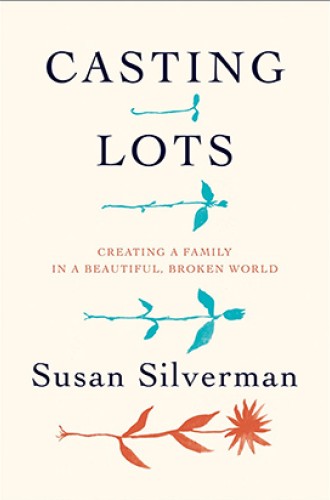A rabbi’s memoir of making a family
Anyone with a complicated life and family—all of us—will find a home in Susan Silverman’s story.
Not many memoirs leave readers with the question “How will I respond?” This one does.
Our most basic human right is to grow up with a loving parent, Susan Silverman asserts, but there are currently 153 million orphans across the globe. Her passion is to alleviate this crisis. Because she believes one’s personal story can touch people in ways facts or figures never can, Silverman entrusts us with hers.
This moving memoir highlights a family’s journey through international adoption. A Reform rabbi, author, and activist, Silverman wanted to adopt a child ever since she was a little girl. After a childhood in which many things fell apart, Silverman desired nothing more than to build and create a family. With her husband Yosef, three birth daughters, and two sons adopted from Ethiopia, she has done that and more.






